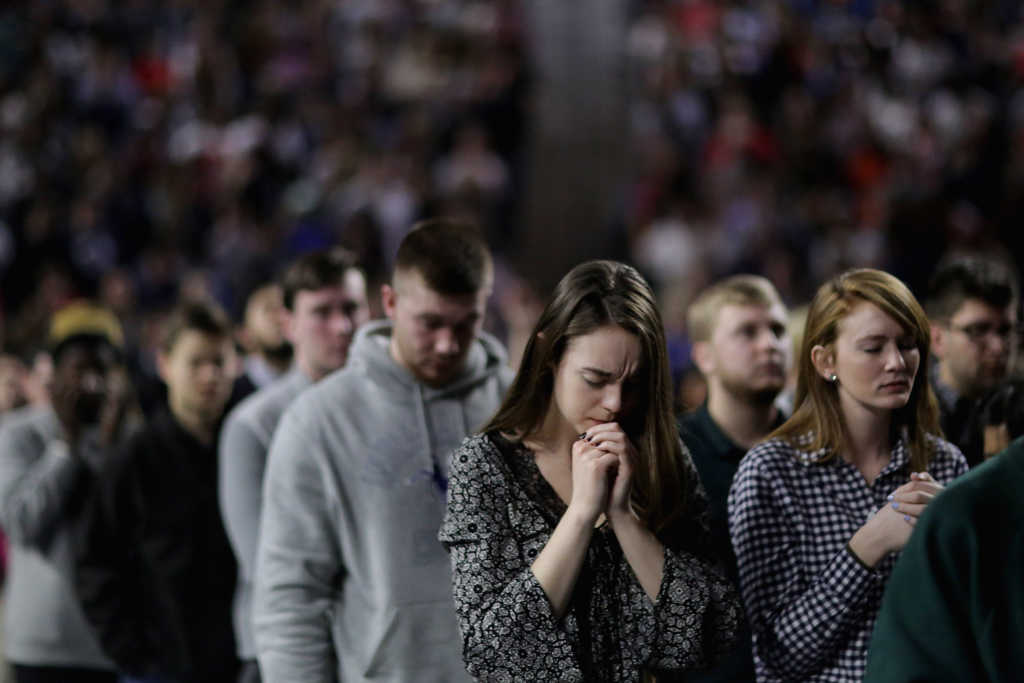New research from the Vanderbilt University Center for Research on Men’s Health has discovered that middle-aged adults who visit houses of worship on a regular basis live longer and are less prone to stress than those who don’t.
Titled “Church Attendance, Allostatic Load and Mortality in Middle Aged Adults,” the results of the study, led by associate professor of medicine, health, and society Marino Bruce, were published in the Plos One journal on May 16. Bruce, who is also a Baptist minister, and his colleagues looked at 5,000 men and women ages 40 to 65 and found that attending religious services—regardless of faith—is advantageous to one’s health. The results were also detailed in a video posted on the university’s YouTube channel.
“We found in our study that attending church is good for your health particularly for those who are between the ages of 40 and 65,” Bruce explained. “[It applies to] any place of worship, any place where people gather together to worship—it could be a church, it could be a temple, it could be a mosque. It’s not about a particular faith. It’s about any faith.”
The research found that when looking at data related church attendance, socioeconomic status, and health care, middle-aged adults who worship regularly reduce their mortality rate by 55 percent. Additionally, those who do not attend services at all were twice as likely to die prematurely than those who had attended church at some point over the last year.
Bruce believes this study does much to answer the question often posed by clergy and lay people alike: Does spiritual health matter with respect to biological outcomes?
“We found that being in a place where you can flex those spiritual muscles is beneficial for your health,” Bruce said.
While most studies related to health science yield outcomes tell people what not to do—forgo certain foods, refrain from certain activities, etc.—Bruce is proud that his findings are participatory in nature and encourage people “to do something.”
Bruce admits that further research can be done into the how things like “holiness” and “compassion” play into people’s overall health, but his study did confirm that an individual’s decision to attend church is not dictated merely by the social and communal environments houses of worship provide.
“Past studies place large significance on the social support aspect of church… people think you go to church for social support,” Bruce said. “But we found people go to church for matters beyond social support.”
“That’s where we begin to think about this idea of holiness, this idea of compassion,” he continued. “We are participating in trying to improve the lives of others, as well as being connected a body larger than ourselves.
(h/t USA Today)
—


